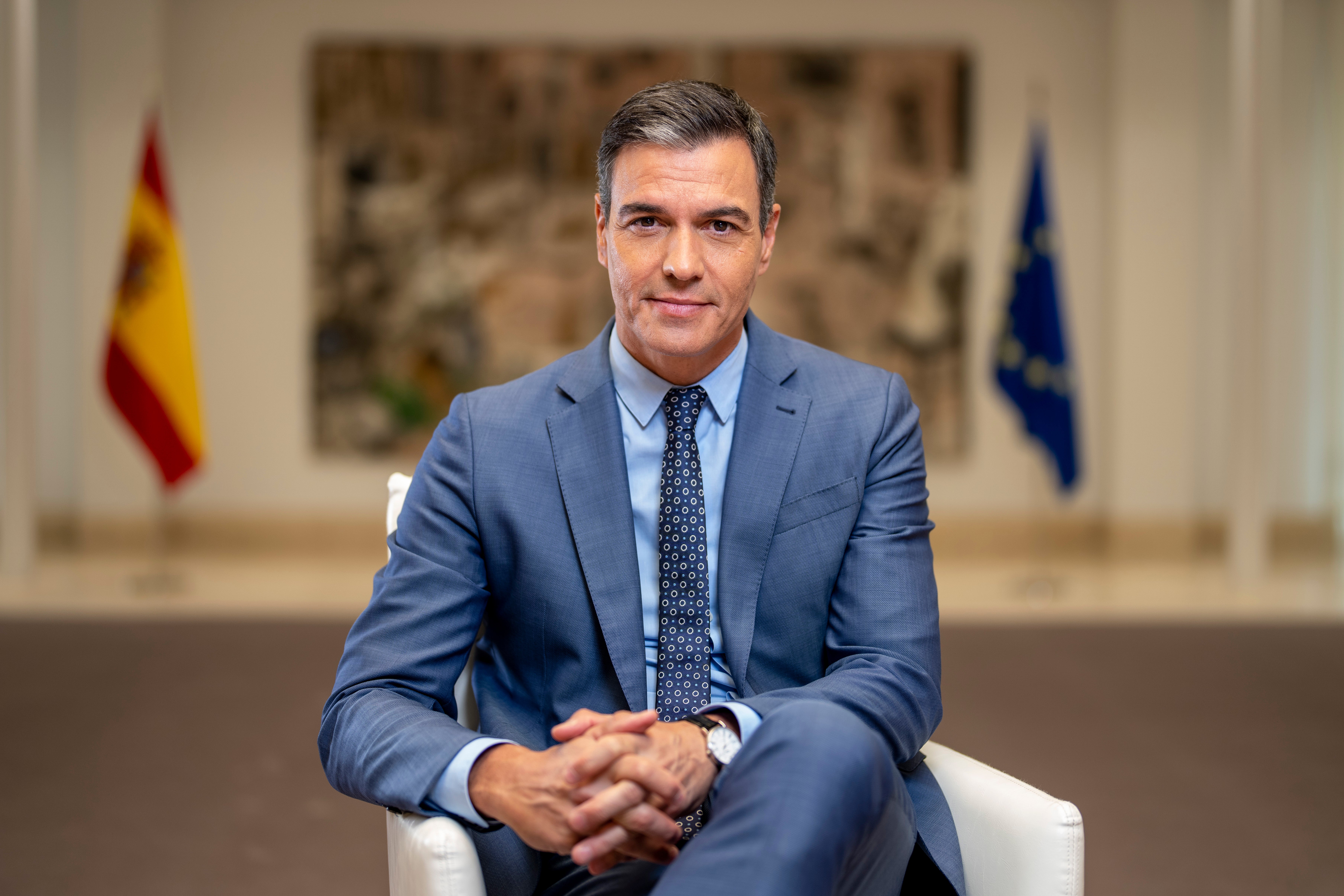Spanish prime minister calls early general election after battering in regional vote
Spanish Prime Minister Pedro Sánchez has called an early general election for July 23 in a surprise move after his Socialist party took a serious battering in local and regional elections

Spanish Prime Minister Pedro Sánchez on Monday called an early general election for July 23 in a surprise move after his Socialist party took a serious battering in local and regional elections.
Prior to Sunday's debacle, Sánchez had insisted that he would ride out his four-year term with leftist government coalition partner United We Can, indicating that an election would be held in December.
The woes for Sánchez and his PSOE party come as Spain is due to take over the rotating presidency of the European Union on July 1.
Sánchez said he had spoken to King Felipe VI and would hold a special Cabinet meeting later Monday to dissolve parliament.
“I have taken this decision given the results of the elections held yesterday,” Sánchez from the Moncloa presidential palace.
The local and regional elections saw Spain taking a major swing to the right and made the leading opposition right wing Popular Party, or PP, the main political force in the country.
“This is unexpected,” said Ignacio Jurado, a political scientist at Madrid’s Carlos III University. “Sánchez is trying to short circuit the PP’s rise as soon as possible.”
In the municipal vote, the Popular Party, or PP, won 31.5% of votes compared with 28.2% for the Socialists. This was a 1.2 percentage point decrease for PSOE on 2019, but almost a nine point increase for the PP, which benefited from the collapse of the centrist Citizens party.
The PP won in seven of the 12 regions contested and dominated in several regions previously won by PSOE including Valencia, Aragon and La Rioja. It remains to be seen whether PP will have to rely on far-right party Vox to form regional governments.
Spain’s regional governments have enormous power and budgetary discretion over education, health, housing and policing.
Bookmark popover
Removed from bookmarks